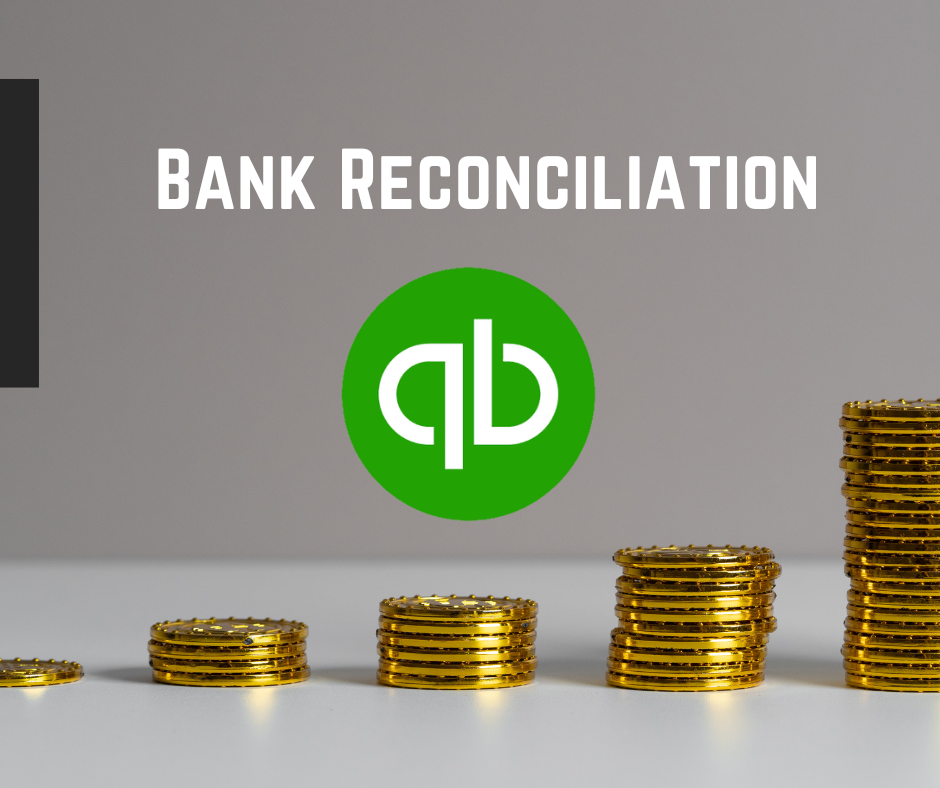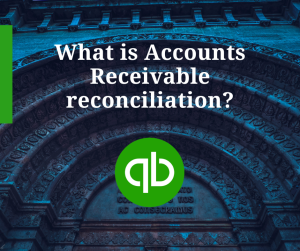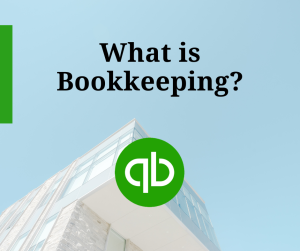Bank reconciliation is the process of comparing the balances in a company’s bank account with the corresponding amounts recorded in the company’s accounting records. The goal of bank reconciliation is to identify and reconcile any differences between the two sets of records. This process helps ensure that a company’s financial statements accurately reflect its financial position.
Reasons for bank reconciliation statement discrepancies:
Here are ten common reasons why the balances in a company’s bank account and its accounting records may differ:
1. Outstanding checks: Checks that have been written but not yet cleared by the bank will be recorded in the company’s accounting records but not reflected in the bank balance.
2. Deposits in transit: Deposits that have been made but not yet recorded by the bank will not be reflected in the bank balance but will be recorded in the company’s accounting records.
3. Bank errors: The bank may make mistakes in recording transactions, such as debiting or crediting the wrong amount or posting a transaction to the wrong account.
4. Fraud: Someone may attempt to defraud the company by altering bank statements or forging checks.
5. Bank charges: The bank may charge fees for various services, such as overdraft protection or wire transfers, which will be deducted from the bank balance but may not be recorded in the company’s accounting records.
6. Interest: The bank may pay interest on the company’s account, which will be credited to the bank balance but may not be recorded in the company’s accounting records.
7. Bank loans: The company may have borrowed money from the bank, which will be recorded in the company’s accounting records but will not be reflected in the bank balance until the loan is repaid.
8. Electronic transactions: Electronic transactions, such as automated clearing house (ACH) payments or wire transfers, may not be recorded in the company’s accounting records until they are reconciled.
9. Timing differences: There may be a lag between when a transaction is recorded in the company’s accounting records and when it is reflected in the bank balance.
10. Math errors: The company may make mistakes in recording or reconciling transactions, such as adding or subtracting amounts incorrectly.




